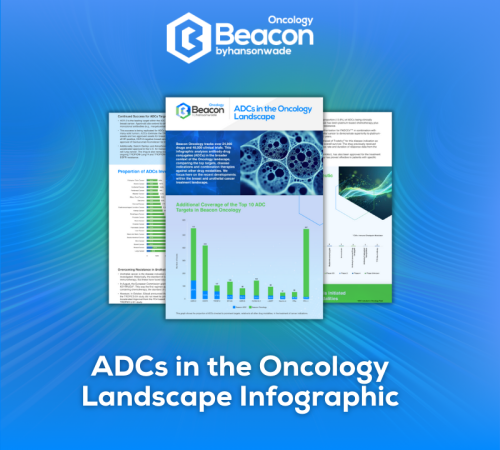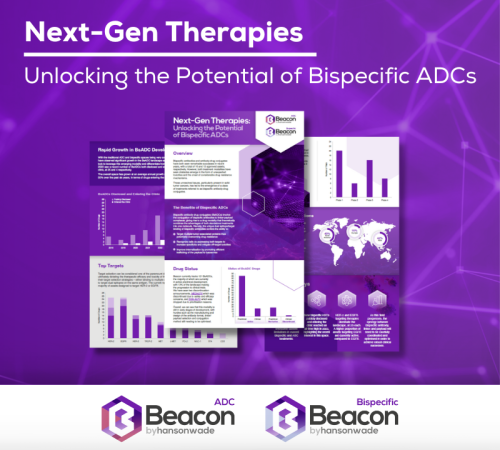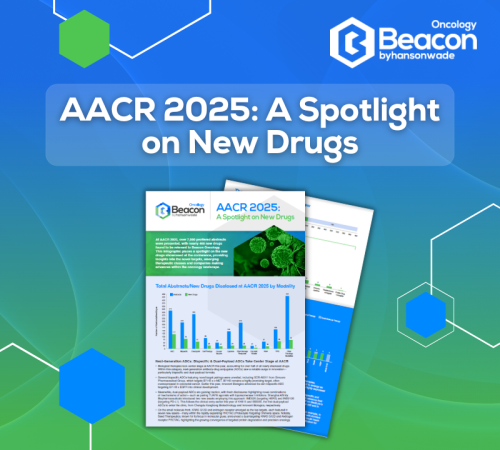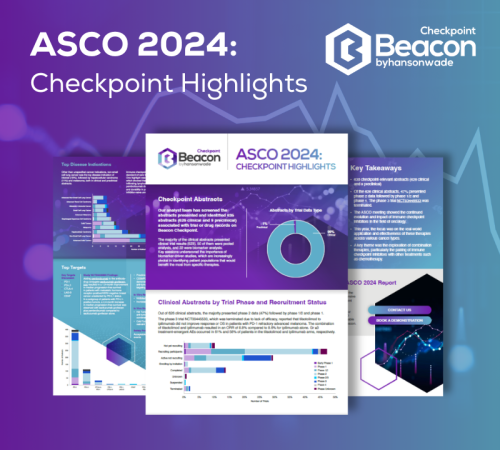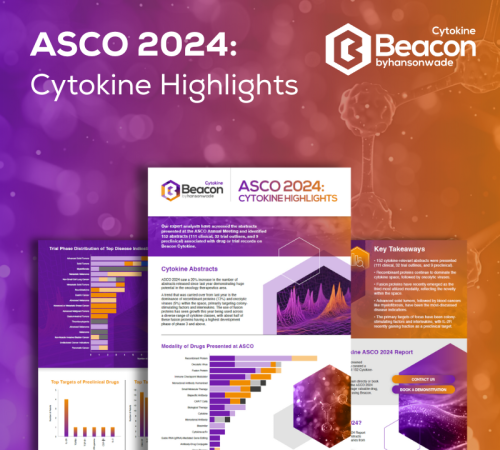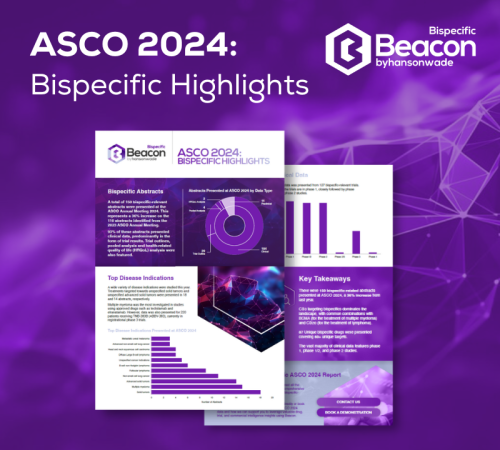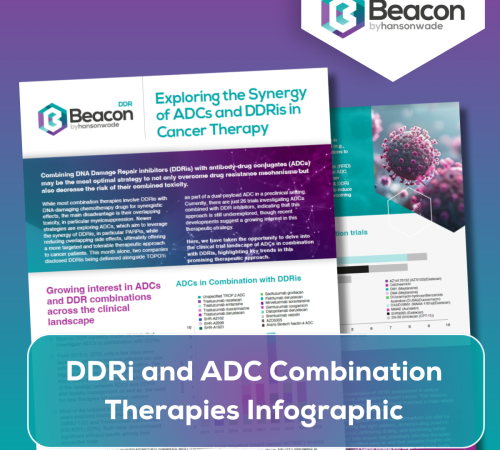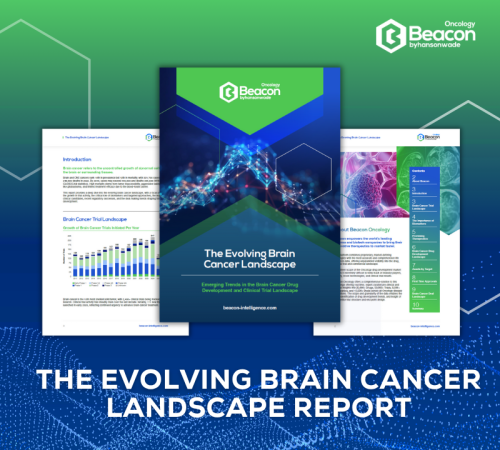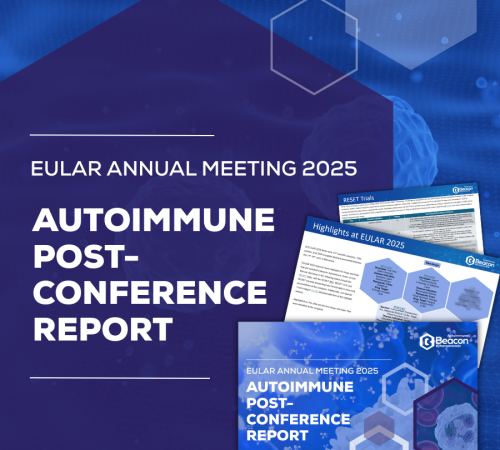Featured Infographics
Check out our featured infographics
All Infographics
Filter our infographics by your module of interest
Filter by Module
- All
- ADC
- Autoimmune
- Bispecific
- Cancer Vaccine
- Cell Therapy
- Checkpoint
- Cytokine
- DDR
- Gene Therapy
- Microbiome
- Oncology
- Oncolytic Viruses
- RNA
- TPD
1
2
3
Additional Resources
Check out additional resources available from Beacon
About Beacon
We are a clinical trial and pipeline database solution, designed in partnership with pharmaceutical professionals. We track targeted therapies to provide accurate, in-depth and real-time information in the rapidly evolving landscape of drug development.
See how our clinical trials and drug database solutions in action.
